In 2011, Pablo Picasso’s iconic work Buste de Femme (1943) undertook a journey from Eindhoven to Ramallah, where it was exhibited for three weeks. Getting this work into the occupied Palestinian territory took two years of extensive artistic, legal, and administrative research and negotiation.
Created by Khaled Hourani, the Director of the International Academy of Art Palestine where Buste de Femme was exhibited, the film Picasso in Palestine documents the entire process of negotiation, transport, and exhibition of the work.
The film raises myriad questions about the recognition of Palestine as an independent and sovereign state by structures of the global economy (insurance companies, shipping companies) and foregrounds the mechanics of the ongoing Israeli occupation. It also raises questions about systems of control, access to knowledge, museography, the value and funding of art, and the role of the media.
A screening of the film will be followed by a discussion between Miriam Deprez (photojournalist and PhD candidate, Griffith University), Dr Jamal Nabulsi (diaspora Palestinian writer and researcher), and Remah Naji (Member, Justice for Palestine, Magan-djin), faciliated by Dr Samid Suliman (Senior Lecturer, Migration and Security at Griffith University).
This discussion will contextualise the film against the decades-long history of the occupation of Palestine, reflect on the im/mobilities that it documents, and instigate an important discussion of the role and duty of the arts to act (transnationally and transversally) against dispossession, occupation, state violence, and genocide.
-
Dr Samid Suliman is Senior Lecturer, Migration and Security, in the School of Humanities, Languages, and Social Science at Griffith University. He is a member of the Griffith Centre for Social and Cultural Research, and a lead researcher with the Griffith University Climate Action Beacon and the Disrupting Violence Beacon. His expertise is in migration and mobility, globalisation and culture, political science and political theory, climate change and postcolonial studies. Among his recent publications is Performance, Resistance, and Refugees (co-edited with Suzanne Little and Caroline Wake, Routledge, 2023).
Miriam Deprez is a photographer, journalist, and researcher based in Meanjin/Brisbane. She is undertaking her PhD at Griffith University, examining the visual politics of occupation and resistance in Palestine and Kashmir. Deprez has worked as a freelance journalist and photographer throughout Europe, Russia, Cambodia, the Pacific Islands, rural Australia, and the Middle East, with a particular concentration on Palestine, where she was the editor for The Palestine Monitor. Deprez is also the secretary of the Australian non-governmental organisation SafeGround, which advocates for the worldwide elimination of emerging and legacy weapons and teaches photography and human-rights journalism at Griffith University.
Jamal Nabulsi is a diaspora Palestinian writer and researcher, living on Jagera and Turrbal land. He is a Fellow of the Palestinian American Research Center and the Palestinian Museum. His doctoral thesis titled Affective Resistance: Feeling through Everyday Palestinian Struggle was awarded the British International Studies Association Prize for Best Doctoral Thesis on Emotions in Politics and International Relations.
Remah Naji is a diaspora Palestinian living on the lands of the Turrbal and Jagera peoples. Member of Justice for Palestine, Magan-djin. Since arriving in so-called Australia in 2013, Naji has become interested in the topics of integration and active citizenship. She has hosted radio shows and translated books on these topics, and dedicated her honours thesis to exploring political discourse in relation to citizenship. Naji is a community advocate for justice in Palestine in various spheres.
Khaled Hourani 'Picasso in Palestine' 2011.















